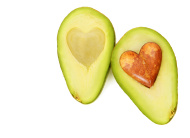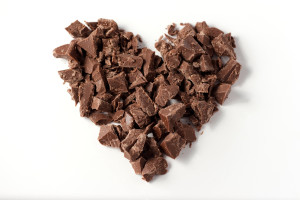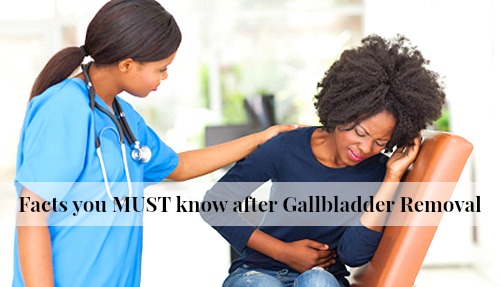Cholecystectomies or, gallbladder removals, take place over 600,000 times per year. However, you cannot remove an entire digestive organ and digest just as efficiently. Read these facts that you won’t hear in the hospital.
I had my gallbladder removed when I was 19. Before that I had multiple gallbladder attacks and was told it had to be removed. So I did what most naive young people do and went with what I was told. I wish I knew what I knew now – most cholecystectomies can be avoided! But, if you’re like me and had it removed, there are some things you must know! Now, after much prior research I can go out for Mexican food & not be completely uncomfortable the rest of the day. I can have my chips AND eat them too!
Okay, on to what’s happening…
Let me quickly preface by saying fat is good for you. We need healthy fats to live and fat digestion is important for digesting fat-soluble vitamins. So if your body is not digesting fats well, you’re not absorbing the needed amounts of vitamins like D, E, A and K. These nutrients are important for brain health, and also your nervous system and immune system.
It’s vital that your body is able to absorb healthy fats, and absorb the vitamins in those fats. Without the gallbladder you cannot absorb these nutrients as easily which could lead to malabsorption and nutrient deficiencies.

The gallbladder is a small pouch that helps digest fat by storing bile that is made by the liver. Bile helps breakdown fats to be absorbed. Once a fat-containing food is consumed the gallbladder squeezes bile into your duodenum (small intestine) to start breaking down the fat.
After gallbladder surgery the liver still produces bile; however, there’s no longer the back up of bile stored for when fat is consumed. Now that the gallbladder is gone, bile is now re-routed to continually go straight into the duodenum. If a larger fatty meal is consumed, like more than a small meal (or snack size for some people), there isn’t enough bile to help breakdown the fats, which can lead to gas, bloating, nausea & indigestion and other digestive issues.
Not having a gallbladder can make losing weight more difficult as well. When the digestive system is sluggish the metabolism isn’t running as efficiently either.
But there IS hope! Hope in supplements to help with digestion and consuming the right kind of fats! This can reduce and even eliminate any digestive troubles and help expedite weight-loss!

Here are my TOP 3 TIPS for improving digestion of fats if you’re missing a gallbladder:
Remove any form of hydrogenated or partially hydrogenated oils. Check labels for this and for monosodium glutamate (MSG). Also removing Canola Oil, Soybean Oil or Corn Oil. These oils are very difficult to digest and cause inflammation.
Limit Mono-Unsaturated Fats (like olive oil) and replace them with coconut oil or butter. Extra Virgin Olive Oil can have great health benefits, but if you’ve had your gallbladder removed or you’re struggling to digest healthy fats, I recommend using coconut oil or grass-fed butter.
Supplement
- Ox Bile: (125-500mg/meal) The #1 supplement I recommend for those who don’t have a gallbladder – it helps break down fats and support the growth of good bacteria. A lack of bile can produce symptoms such as bloating and indigestion after meals, light colored stools, diarrhea, fatigue and nutrient deficiencies. Taking a good quality ox bile supplement before a meal that contains fat eliminates these symptoms in most individuals. Plus ox bile can also help with weight-loss as it helps the digestive system work more efficiently. Bonus!
- Lipase: Enzyme that helps with fat digestion. Take with every meal
- Probiotics: Supports digestion and metabolism. Goat milk kefir and yogurt, sauerkraut, kimchi or kombucha
- Milk Thistle: Helps detox your liver. I recommend 2 rounds of milk thistle per year to help support liver function
Have you tried Ox Bile supplements? If so, let us know how it’s worked for you! And please share this article to help any family or friends who many not have been told this in the hospital.
References:
Pub Med, 1993, National Library of Medicine, Treatment of Gallstones


